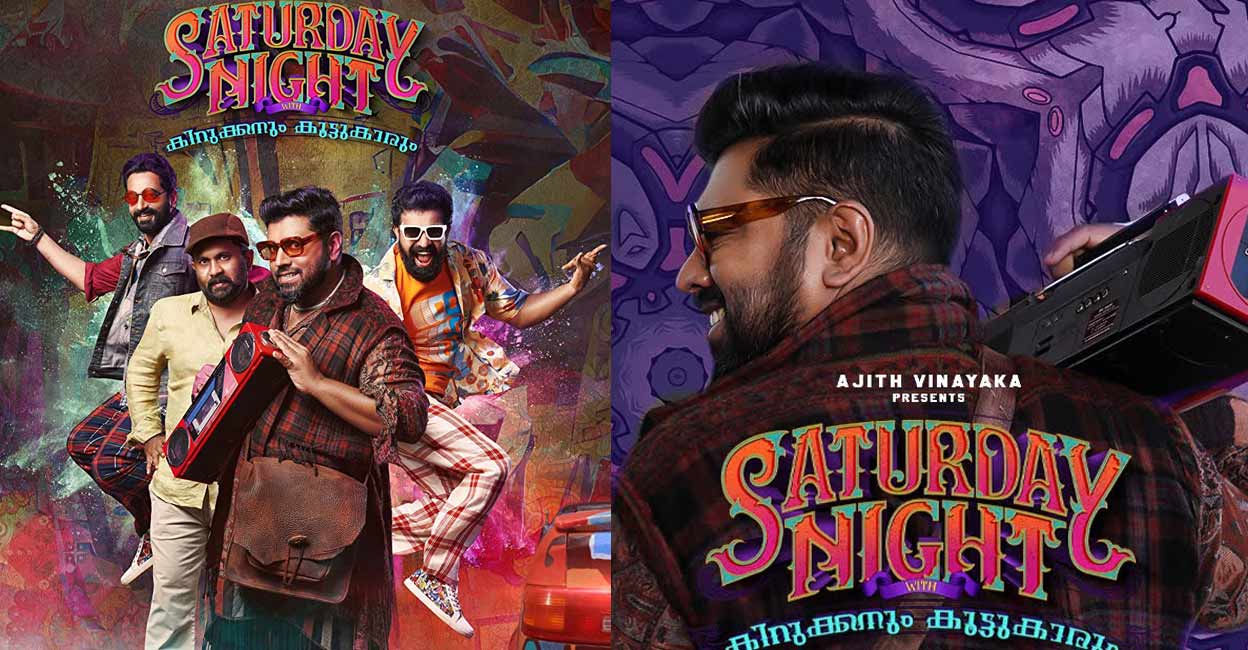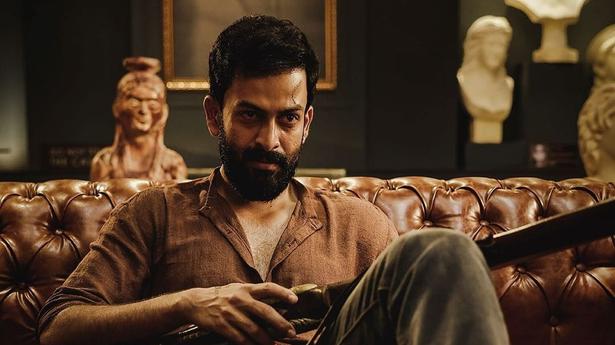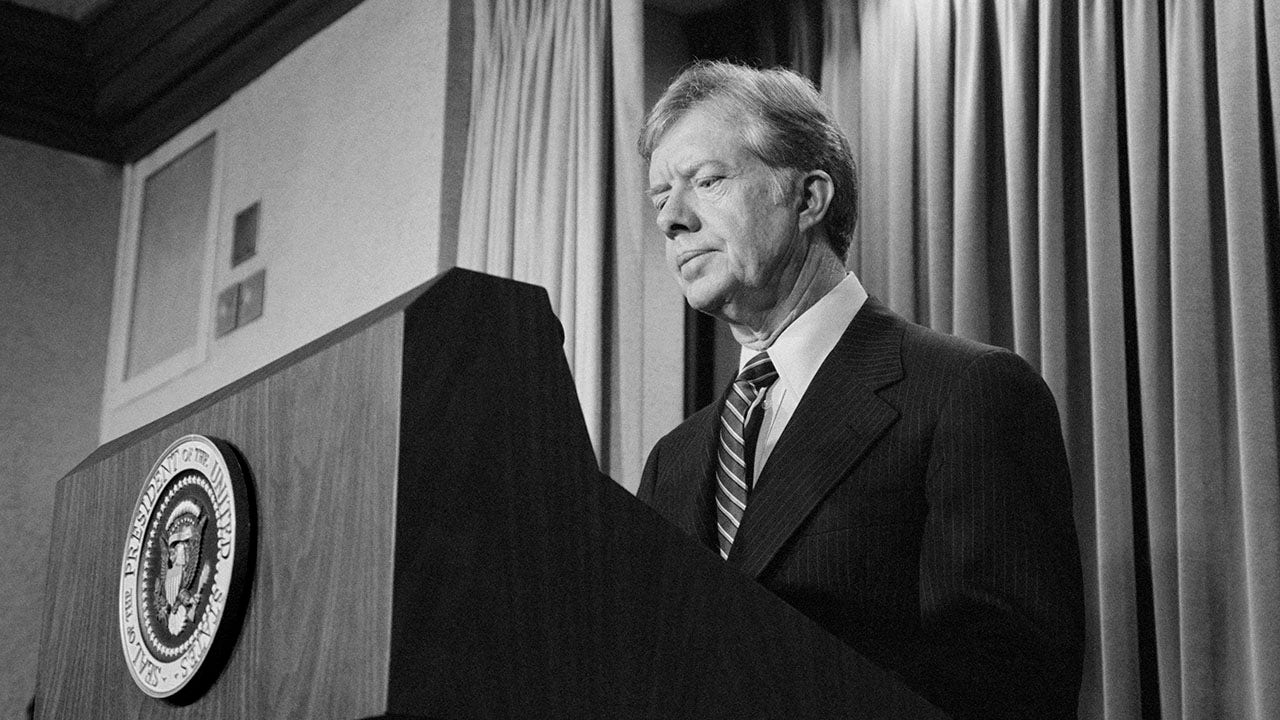Every character in a movie can have many traits, but Janaki, the protagonist of Janaki Jaane, becomes identified with just one trait – her irrational fears. It is quite a mix of fears, really. We are told she fears darkness, and thus can only sleep with the lights on, but she is also shown to be scared of being alone in any place even in daylight.
But, director Aniesh Upasana, in his fourth film, does not use these fears like the 2000 film Thenali, a rip-roaring comedy about a man who had several phobias. Nor does he take the full emotional route with a story that had such possibilities. He chooses to stay somewhere in the middle, as if he fears leaning too much to either side.
‘Janaki Jaane’ (Malayalam)
Director: Aniesh Upasana
Cast: Navya Nair, Saiju Kurup, Johny Antony
Run-time: 124 minutes
Storyline: Janaki, an employee at an offset press, is troubled by irrational fears. An unexpected crisis after her marriage to Unni makes her confront her fears
Janaki (Navya Nair), an employee at an offset press, has been using flimsy reasons to reject marriage proposals, as she is unsure of having a normal married life due to her many fears. But, Unni (Saiju Kurup), a contractor, sticks to his proposal even after knowing about her problems. It is all smooth sailing in their married life until they face a crisis, which is linked to the election campaign in their constituency.
The director leans on the thread about political machinations at the local level to create a much-needed crisis to help Janaki overcome her fears, which obviously is the point of the whole movie. It is this half-baked political story which becomes one of the weakest links of the movie, which has quite a few other weak spots, including some attempts at humour that don’t quite land well. Though there are effective barbs at voyeuristic television and online media channels, this part mostly follows the pattern of one-sided criticism of certain political fronts as seen in quite a few other recent films.
Despite the interesting premise, the script or its execution hardly ever manage to pull you into the narrative, or make us feel what Janaki feels. Some of her panic attacks, like the one after a colleague leaves her alone on a street, become failed attempts at comedy. The constant shifts to the story on the local politics do not help either. Sticking to Janaki’s story, with the conflict coming organically from her own life, would have made it a much more effective film. The obvious explanation for her fears, connected to childhood traumas, comes late in the day.
Navya Nair does not have much of a scope to perform, while Saiju Kurup has become a tad repetitive in his recent roles. In all, Janaki Jaane fails to utilise its promising premise.






















/cdn.vox-cdn.com/uploads/chorus_asset/file/24982514/Quest_3_dock.jpg)





